Eating right shouldn’t be difficult, but it often can be with “healthy” food that turns out to be anything but. Clever marketing and misconceptions often cloud our judgment and make us stock our fridge with items that might be doing more harm than good.
Let’s take a look at 17 common foods that often get mistaken for healthy when really, they’re not.
Granola Bars
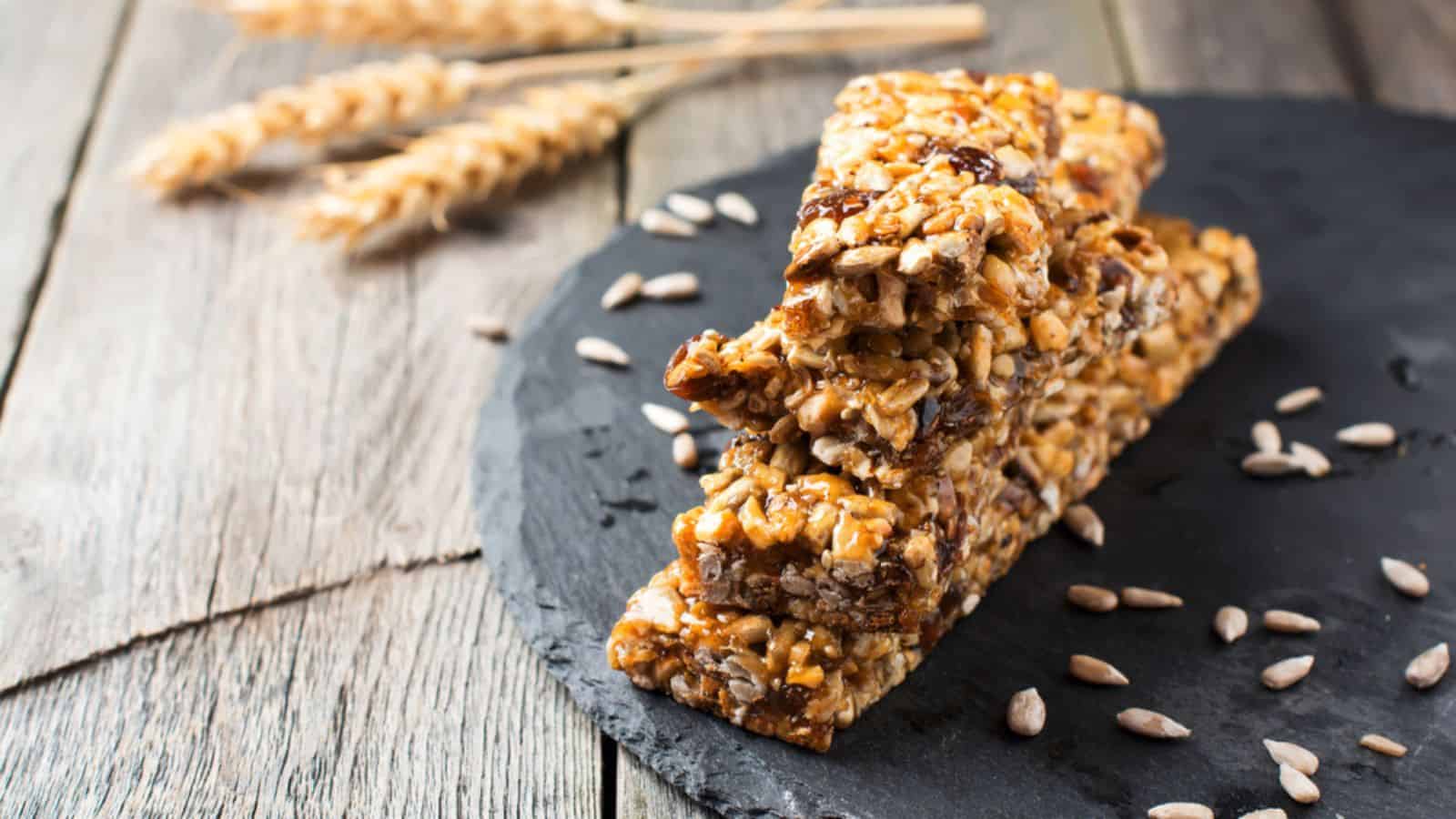
Granola bars are often marketed as the perfect on-the-go snack, especially for those trying to eat healthier, but here’s the thing: most of these bars are far from wholesome. They’re typically loaded with sugar, syrups, and artificial flavourings to make them taste good and last longer on shelves.
Fruit Juices
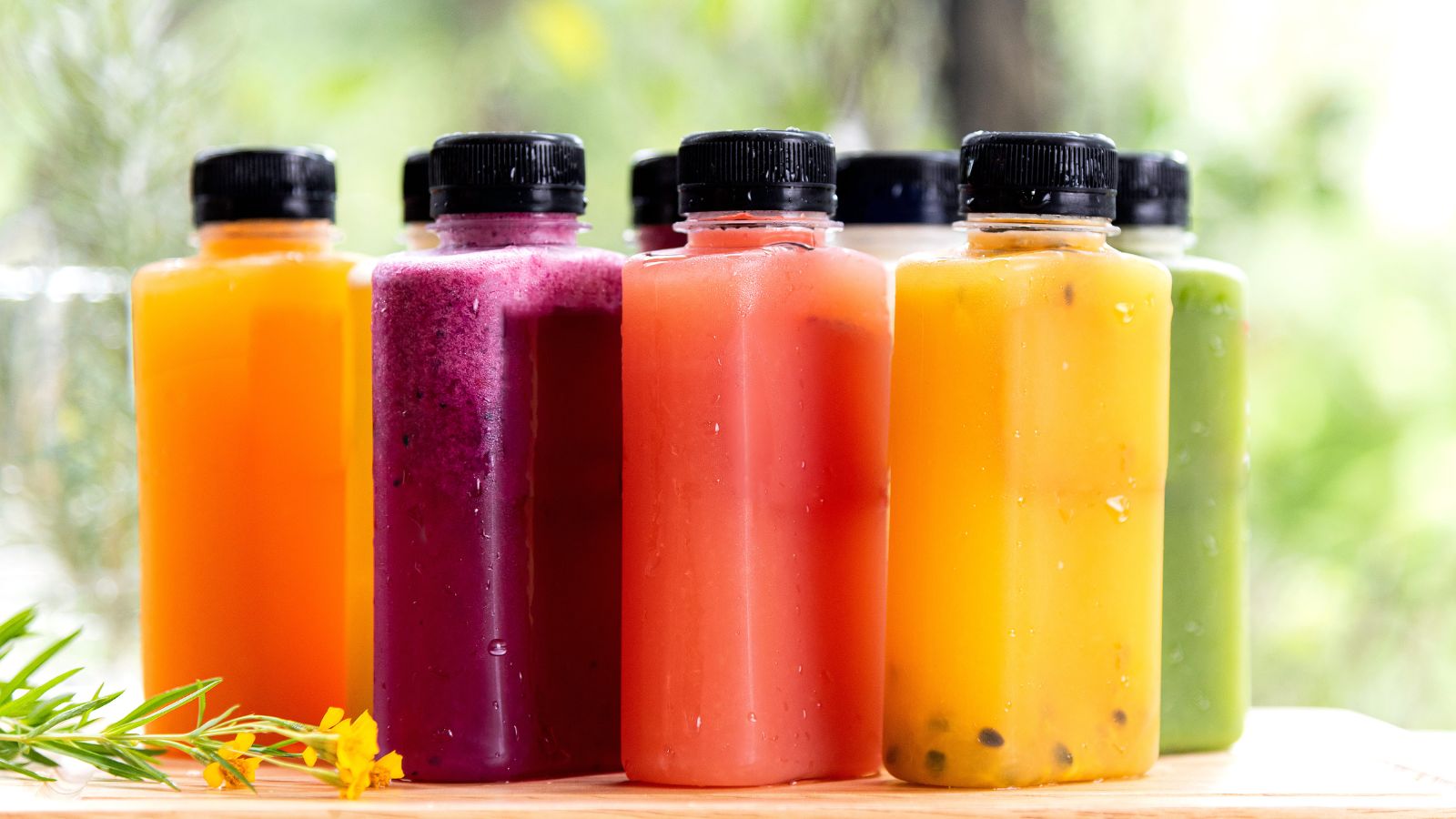
It’s easy to see why fruit juice feels like a healthy choice—after all, it’s made from fruit, right? Yet most fruit juices, even the ones labelled “100% pure,” are stripped of the fibre found in whole fruit, leaving you with little more than a sugary drink, and without the fibre, the natural sugars hit your bloodstream quickly.
Low-Fat Yoghurts
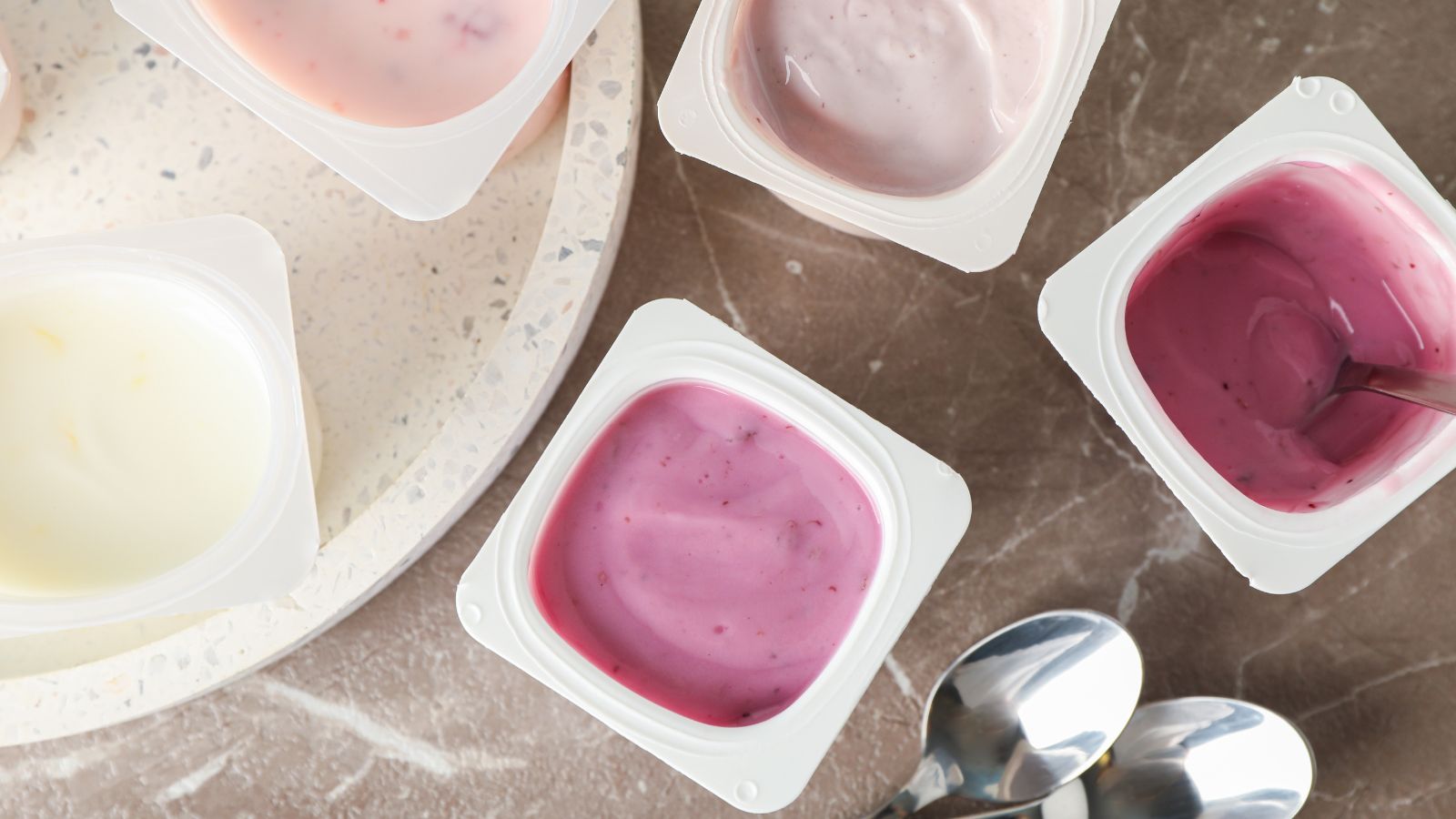
Low-fat yoghurts are one of the sneakiest culprits on the supermarket shelves, often packed with added sugars and artificial sweeteners to make up for the lost creaminess and flavour. These additives can undermine any health benefits you might think you’re getting; plus, fat isn’t always the enemy—it helps you feel full and satisfied.
Cereal Bars
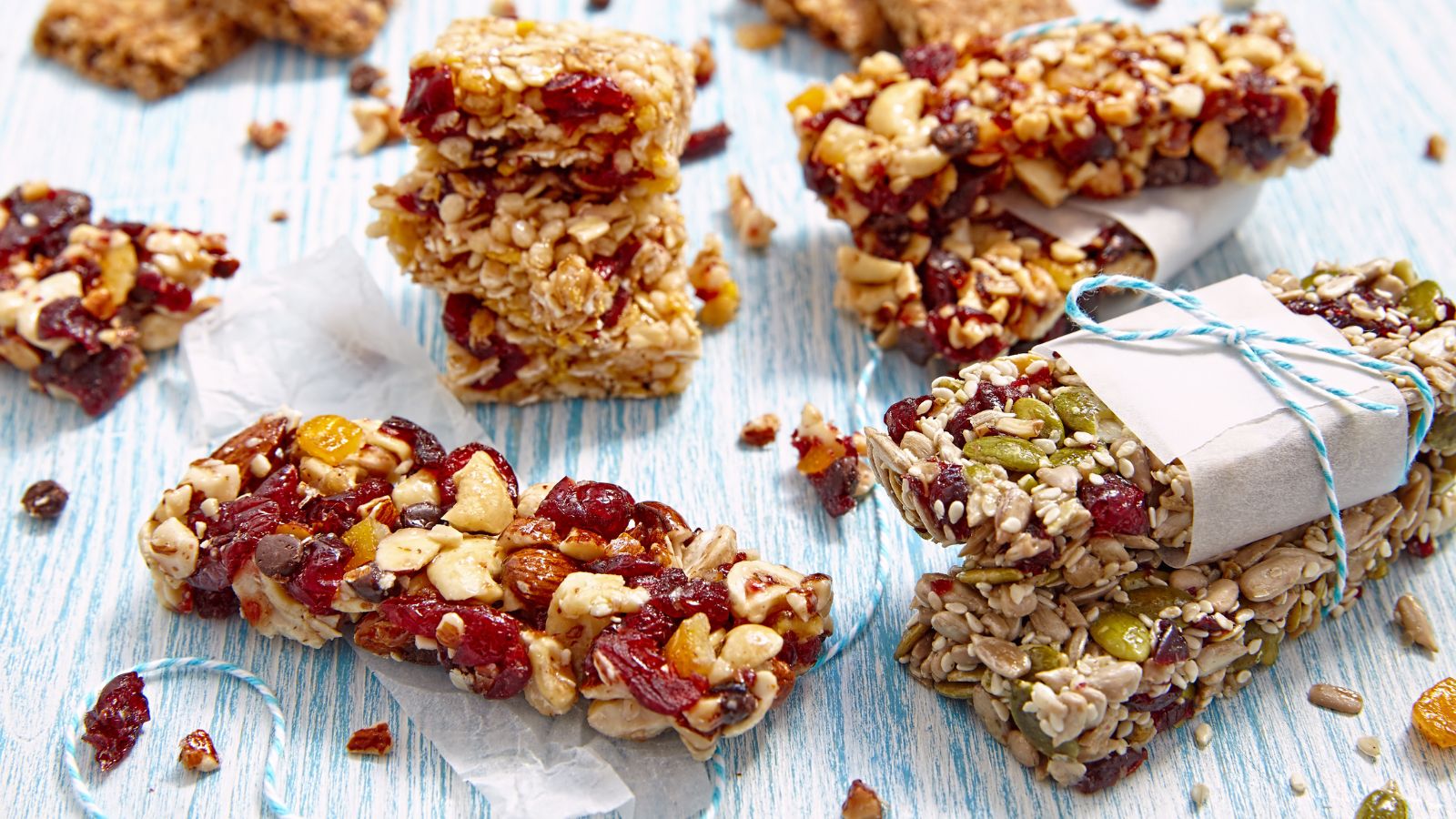
Many cereal bars, when swapped out for a bowl with mil,k are full of refined grains, sugars, and synthetic additives, offering little in the way of real nutrition. They may give you a quick energy boost, but that burst won’t last, leaving you hungry well before lunchtime.
Vegetable Crisps
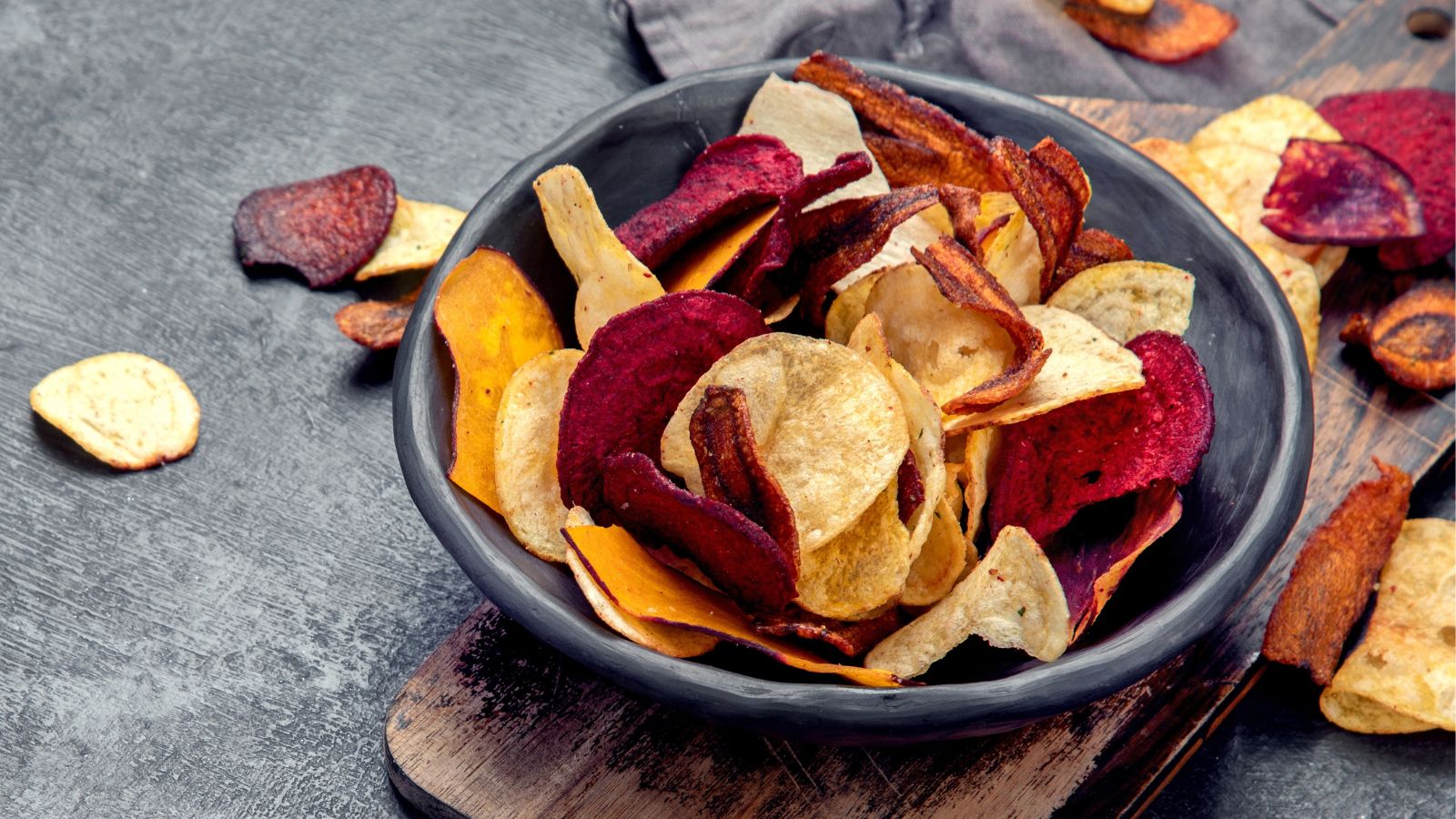
A classic example of a food that looks healthy but isn’t is vegetable crisps, and even though they’re made from carrots, beetroot, or parsnips, they’re often fried and seasoned just like regular crisps.
This means they’re still high in fat, salt, and calories, negating the benefits of eating vegetables, when raw carrot sticks or cucumber slices are a more nourishing and satisfying option.
Gluten-Free Snacks
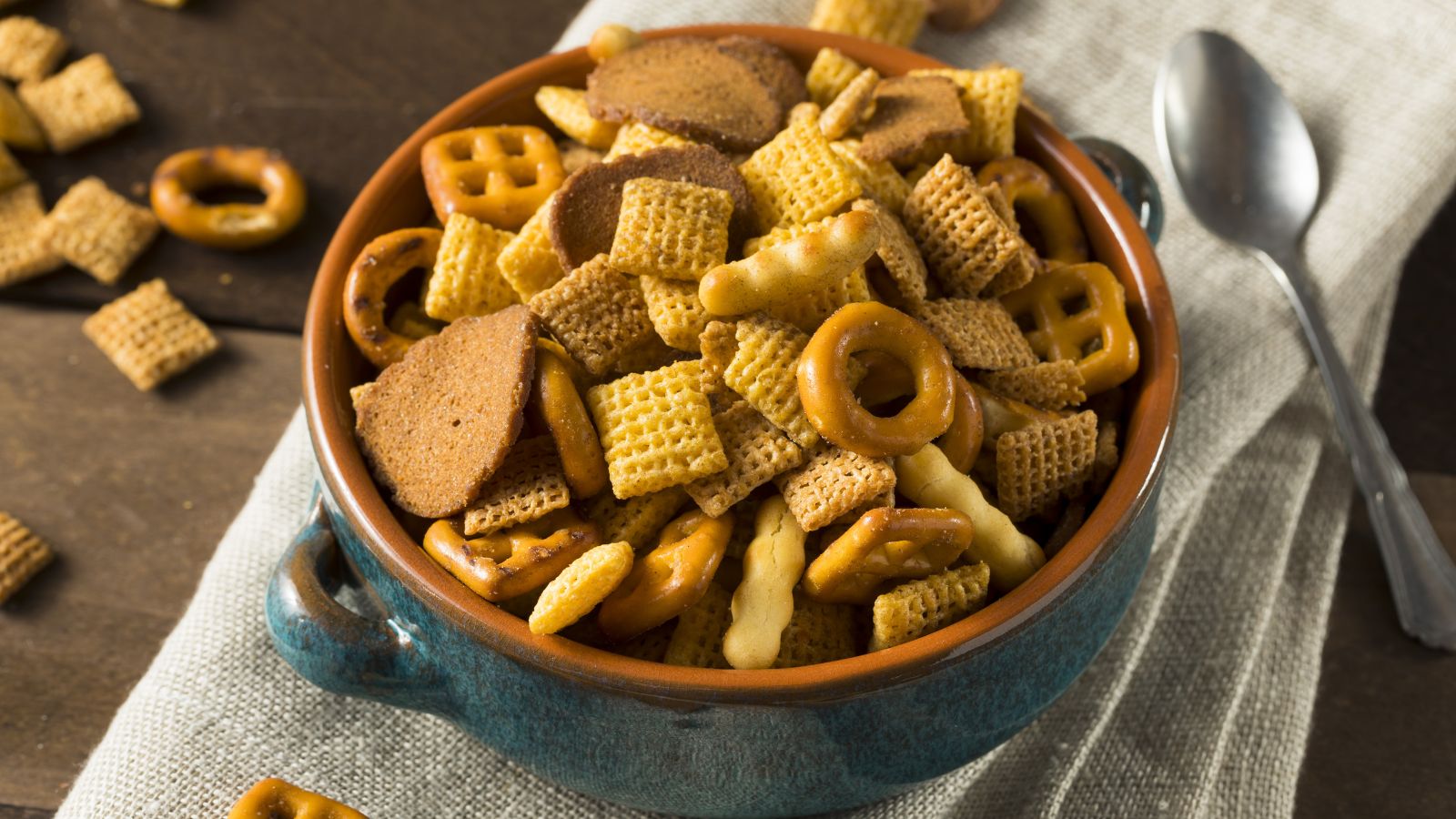
Even though they’ve gained popularity in recent years, not everything labelled as “gluten-free” snacks is good for you. Unless you have coeliac disease or a genuine gluten sensitivity, these products can actually be worse than their regular counterparts because many gluten-free snacks are ultra-processed and contain added sugar, fat, or salt to improve taste and texture.
Ready-Made Smoothies
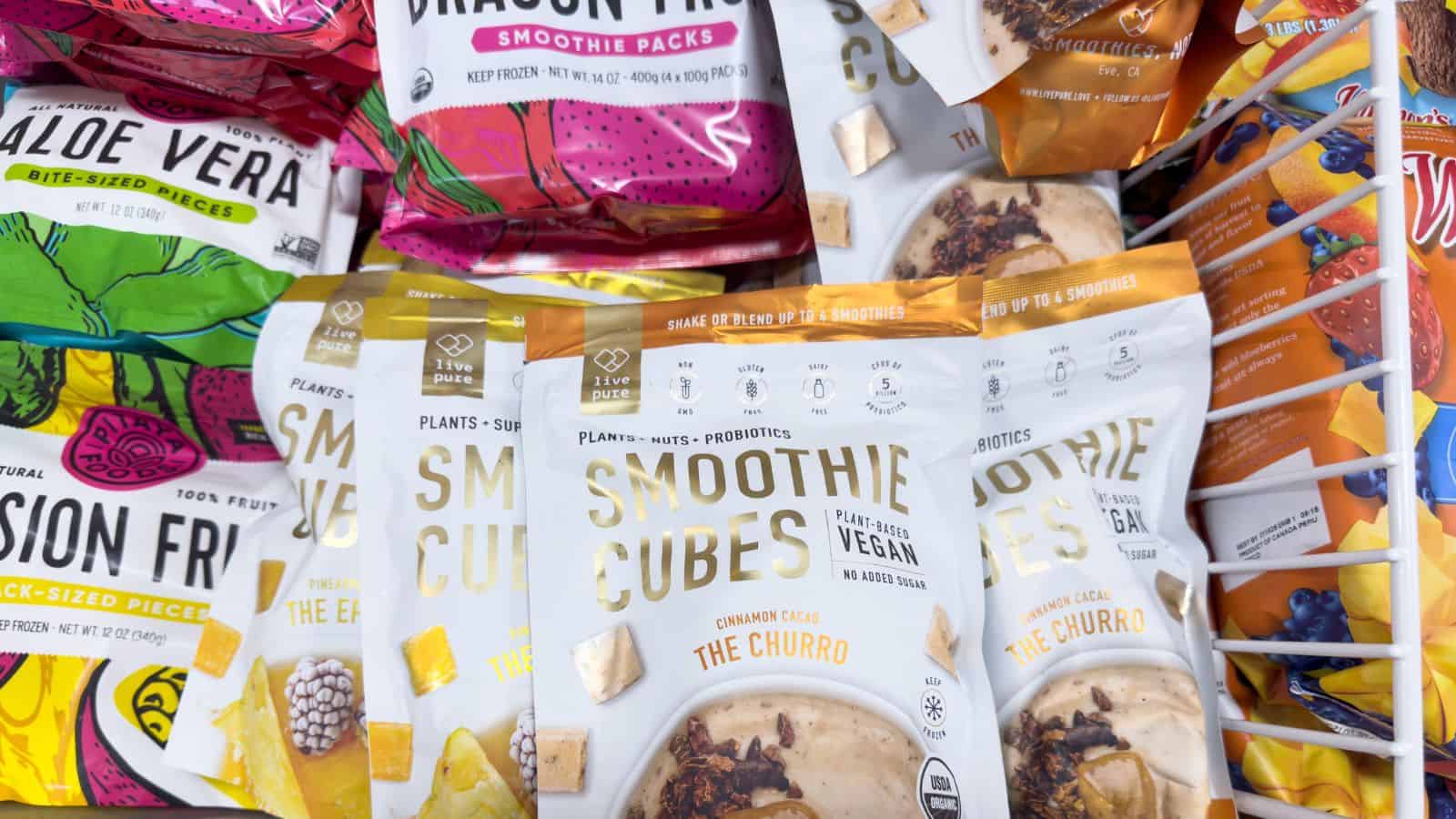
To get the most out of a smoothie, try blending your own at home and use fresh or frozen fruits, a handful of greens, and a liquid base like water or unsweetened almond milk for a nutrient-packed drink without the unnecessary extras.
Pre-made versions aren’t always the healthiest choice, as many store-bought smoothies are made with fruit juices or concentrates, which are high in sugar.
Bran Muffins

Even those that boast added nuts or seeds, bran muffins are still not as nutritious as they might seem, so if you’re looking for a better morning option, try a slice of whole-grain toast topped with avocado or almond butter. It’s just as satisfying but packed with real nutrients and far less sugar.
Dried Fruits
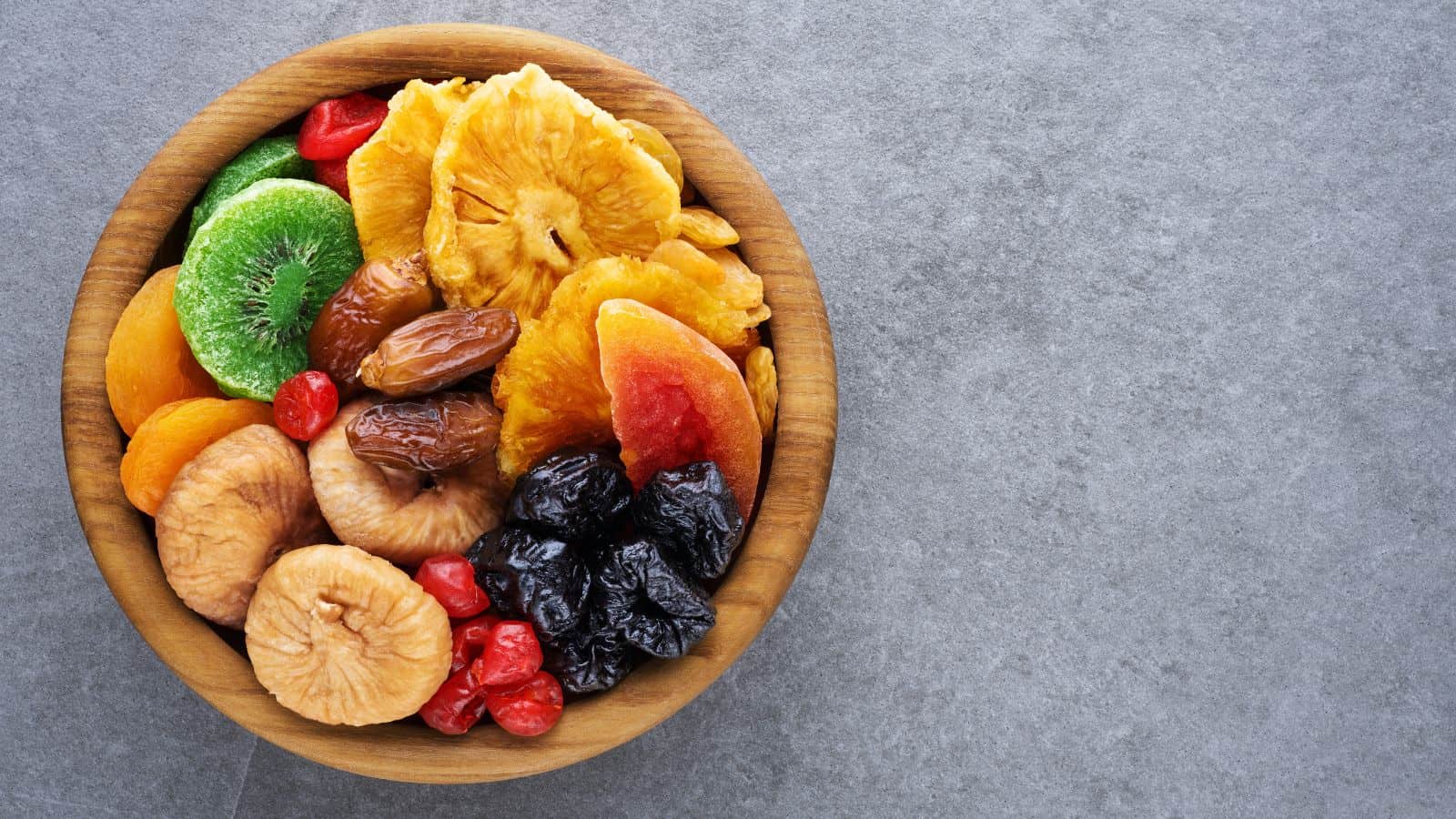
Dried fruits are tricky; on the surface, they seem like a natural and healthy snack, but they’re often loaded with hidden sugars or syrups. Plus, the drying process concentrates the natural sugars, making them much higher in calories than fresh fruit, and this can make it all too easy to eat far more than you should.
Protein Bars
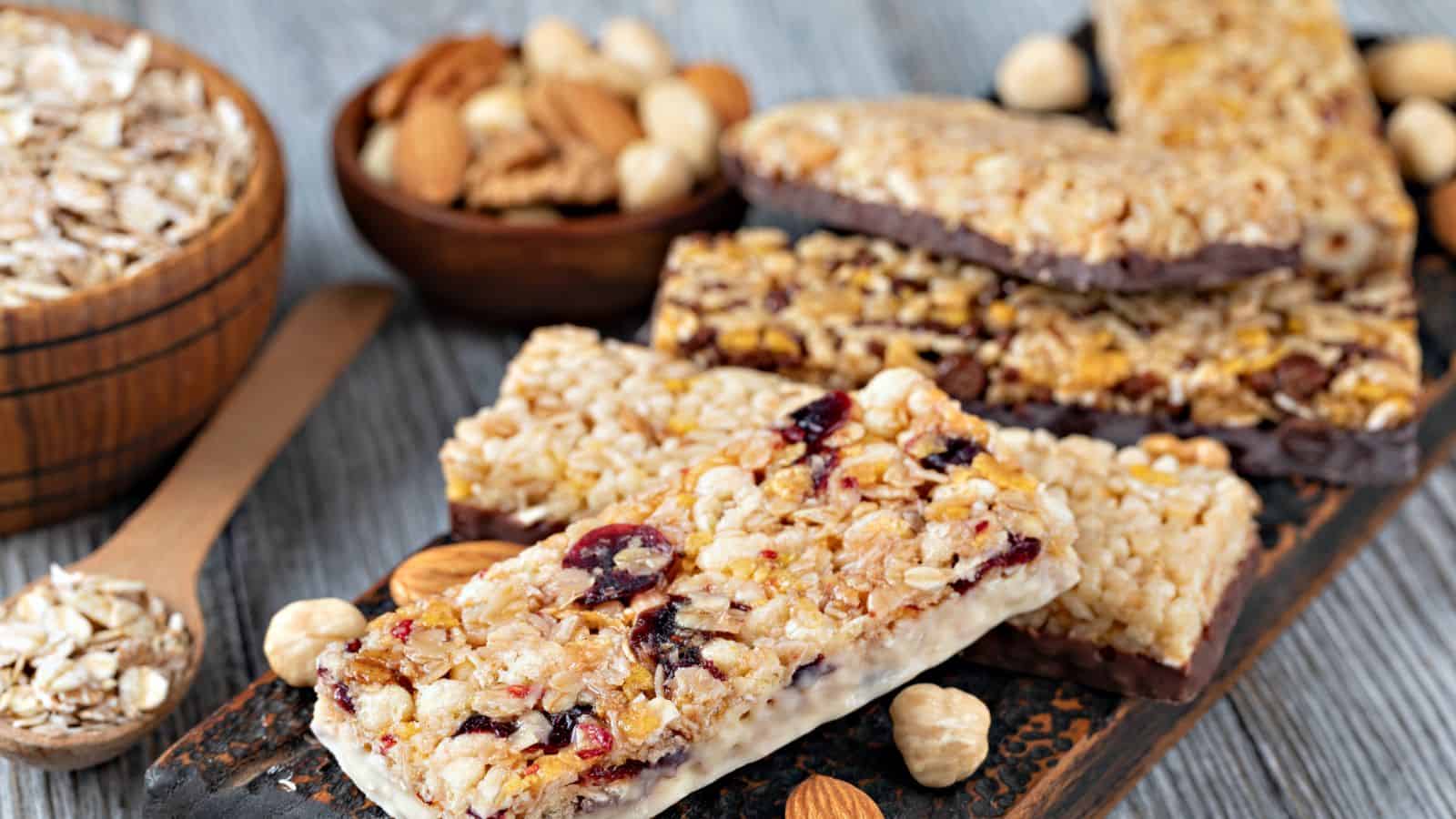
Some protein bars are so heavily processed they’re closer to candy bars than health foods, and while protein is essential, you’re better off getting it from whole foods like eggs, nuts, or a slice of lean chicken. These options provide the protein you need without the unwanted extras, and they’re often cheaper, too.
Coconut Water
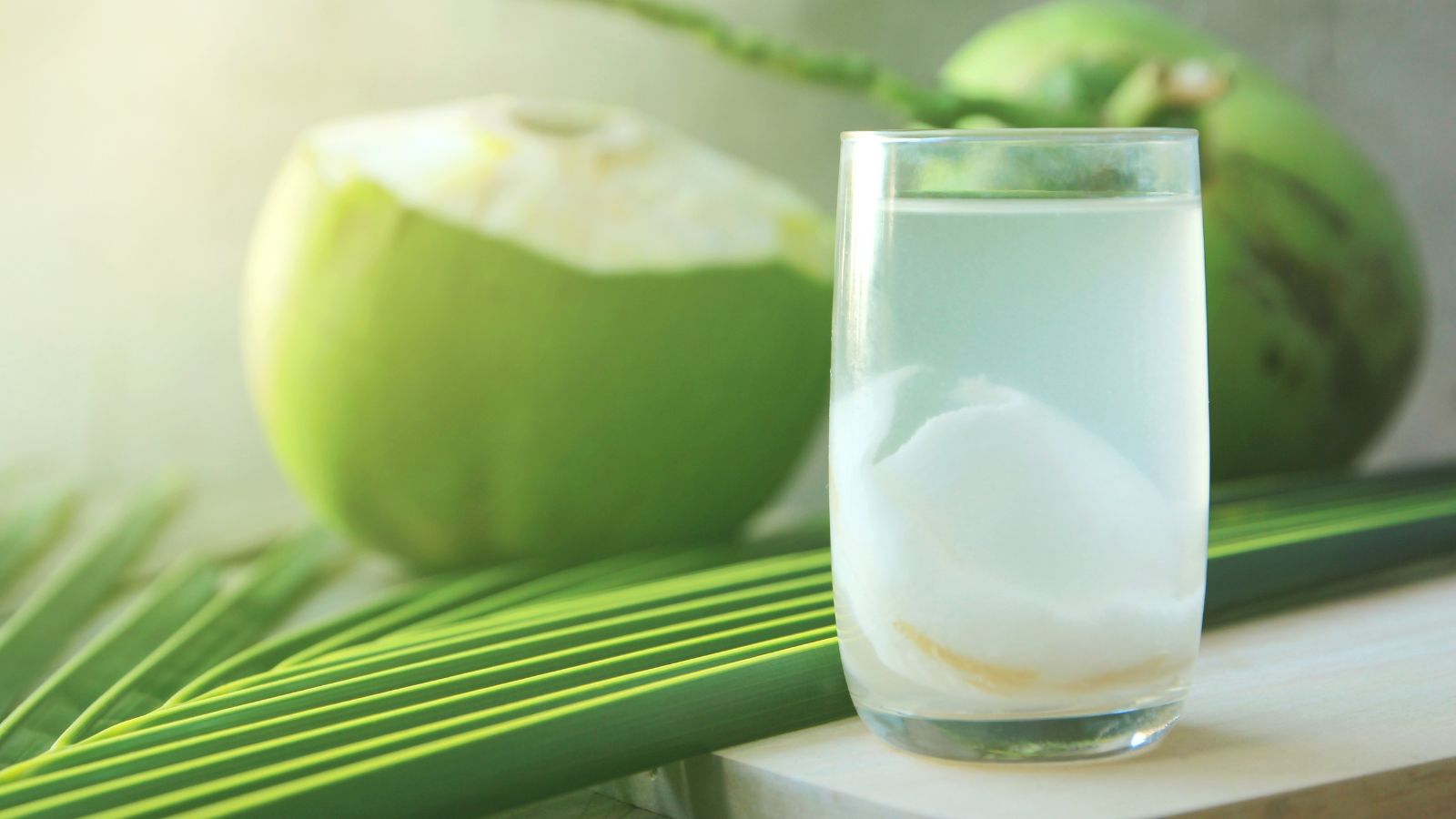
Drinking coconut water regularly as a replacement for plain water can quickly add up in terms of sugar and calories. For everyday hydration, stick to good old tap water or unsweetened herbal teas, and save the coconut water for an occasional treat or after an intense workout if you feel you need the extra electrolytes.
Sushi Rolls
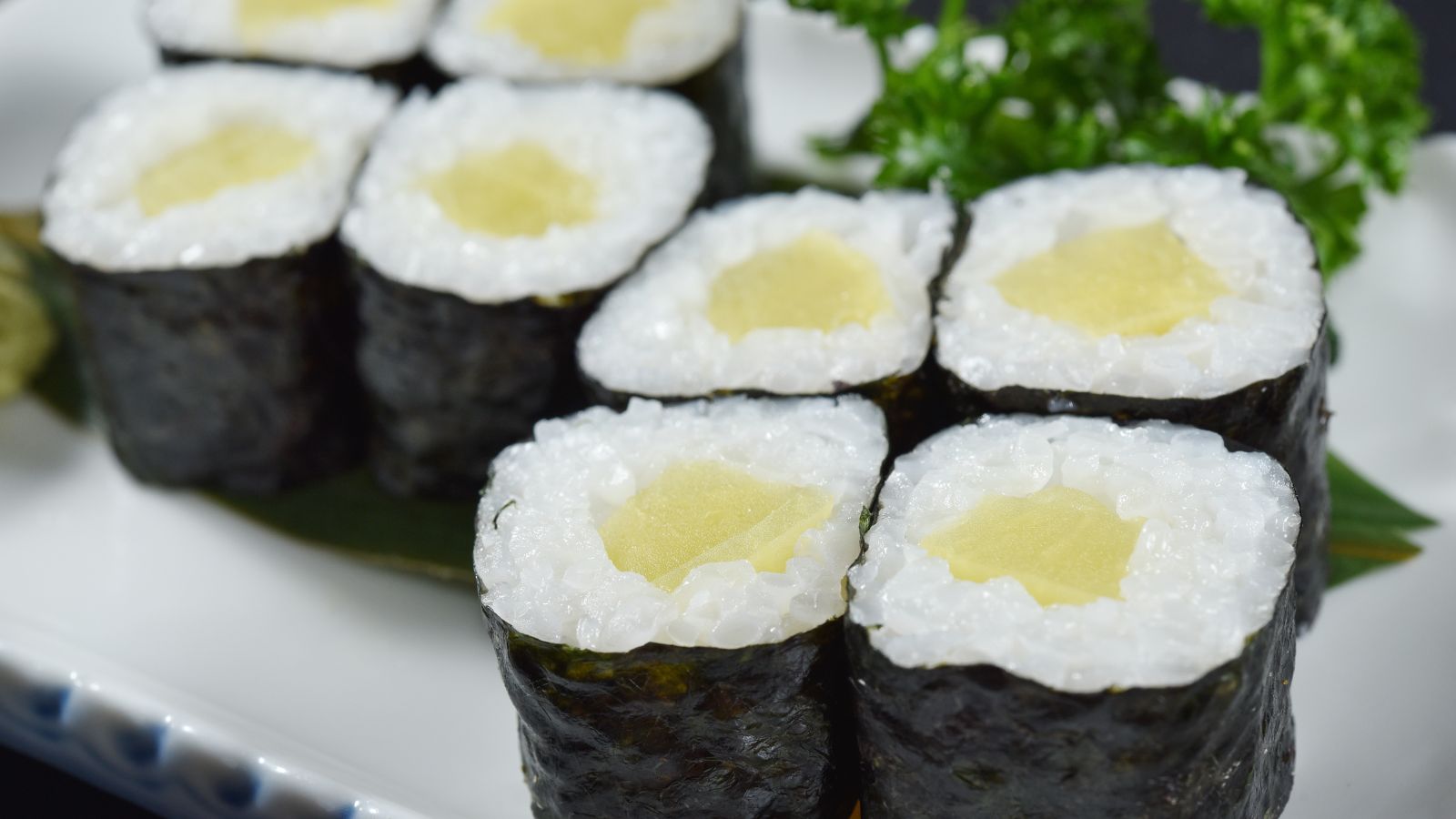
Sure, sushi feels like a healthy meal choice, nevertheless many popular rolls are more indulgent than they appear, with Western-style sushi commonly including ingredients like cream cheese, mayonnaise, and fried tempura. These add fat and calories without offering much in the way of nutrition.
Trail Mix
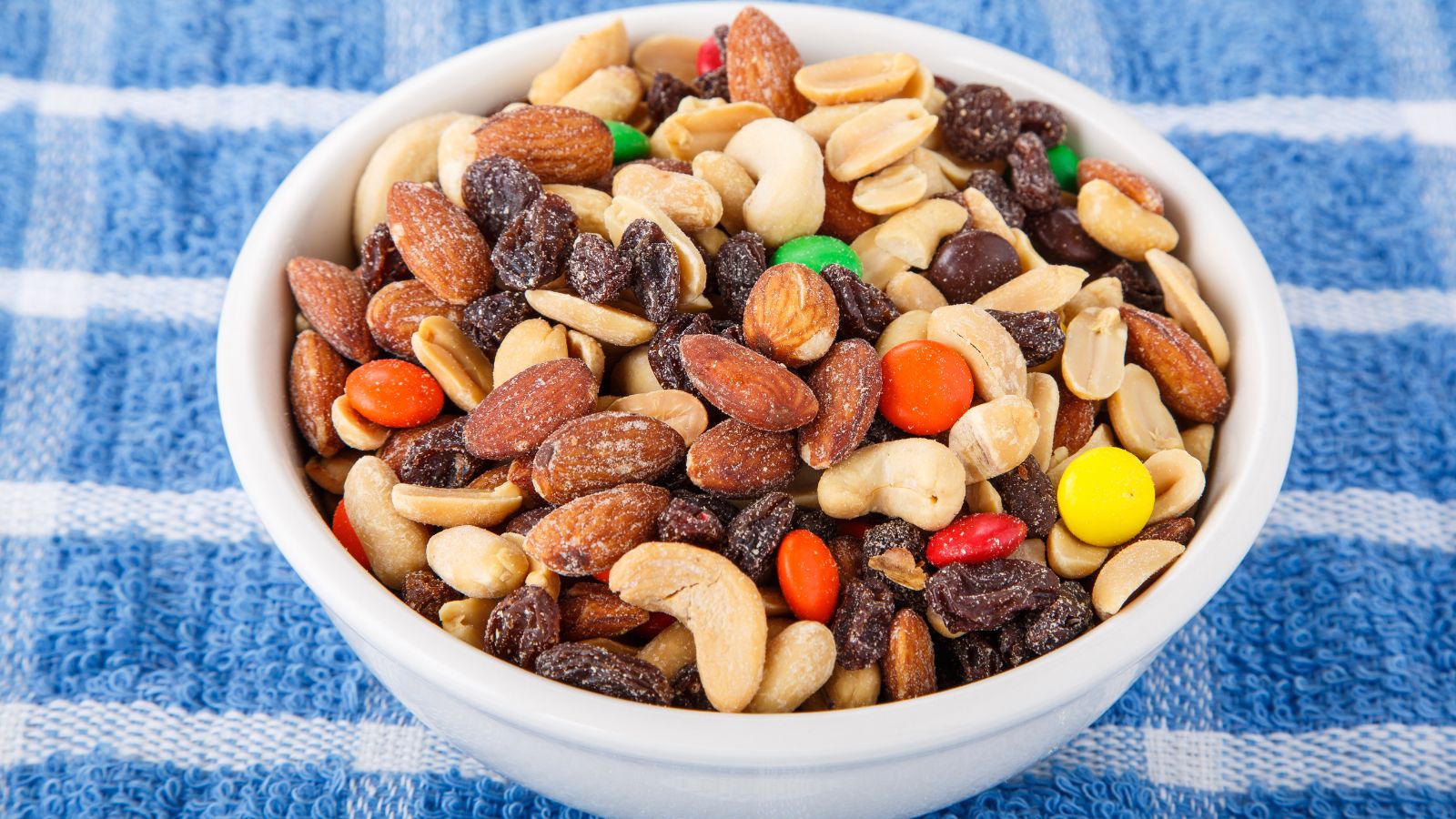
If you enjoy trail mix, make your own blend at home using unsalted nuts, seeds, and a few unsweetened dried fruits—that way, you can control exactly what goes into your snack and ensure it’s as healthy as you want it to be.
A lot of the versions sold in shops are packed with sugary additions like chocolate chunks, sweetened dried fruits, and candy-coated nuts.
Veggie Burgers
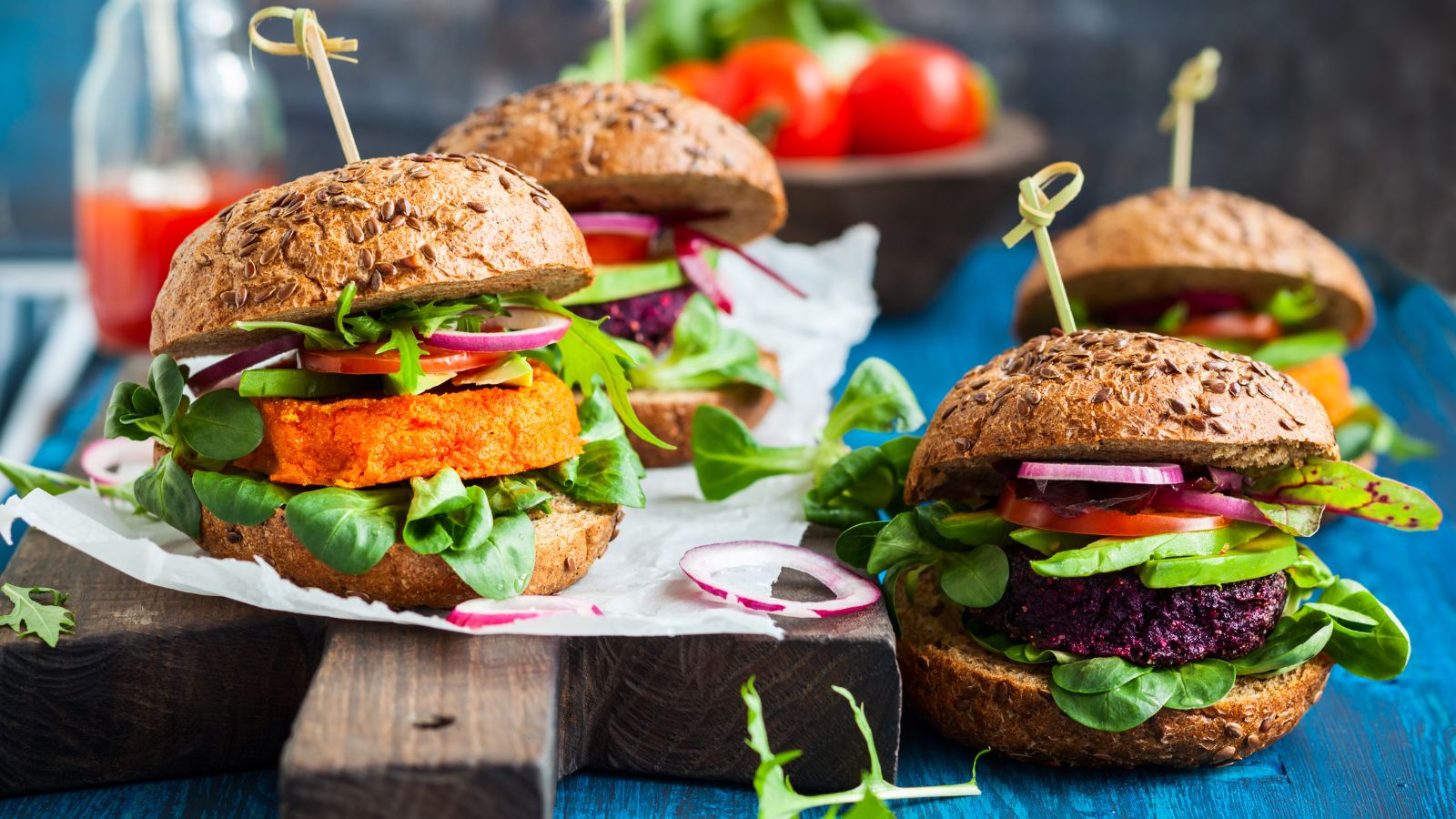
Not all veggie burgers deserve their healthy reputation. Many pre-packaged options are made with processed ingredients, including refined oils, fillers, and preservatives, rather than wholesome vegetables, so if you want a truly healthy veggie burger, look for ones made with whole, recognisable ingredients like lentils, beans, and quinoa.
Rice Cakes
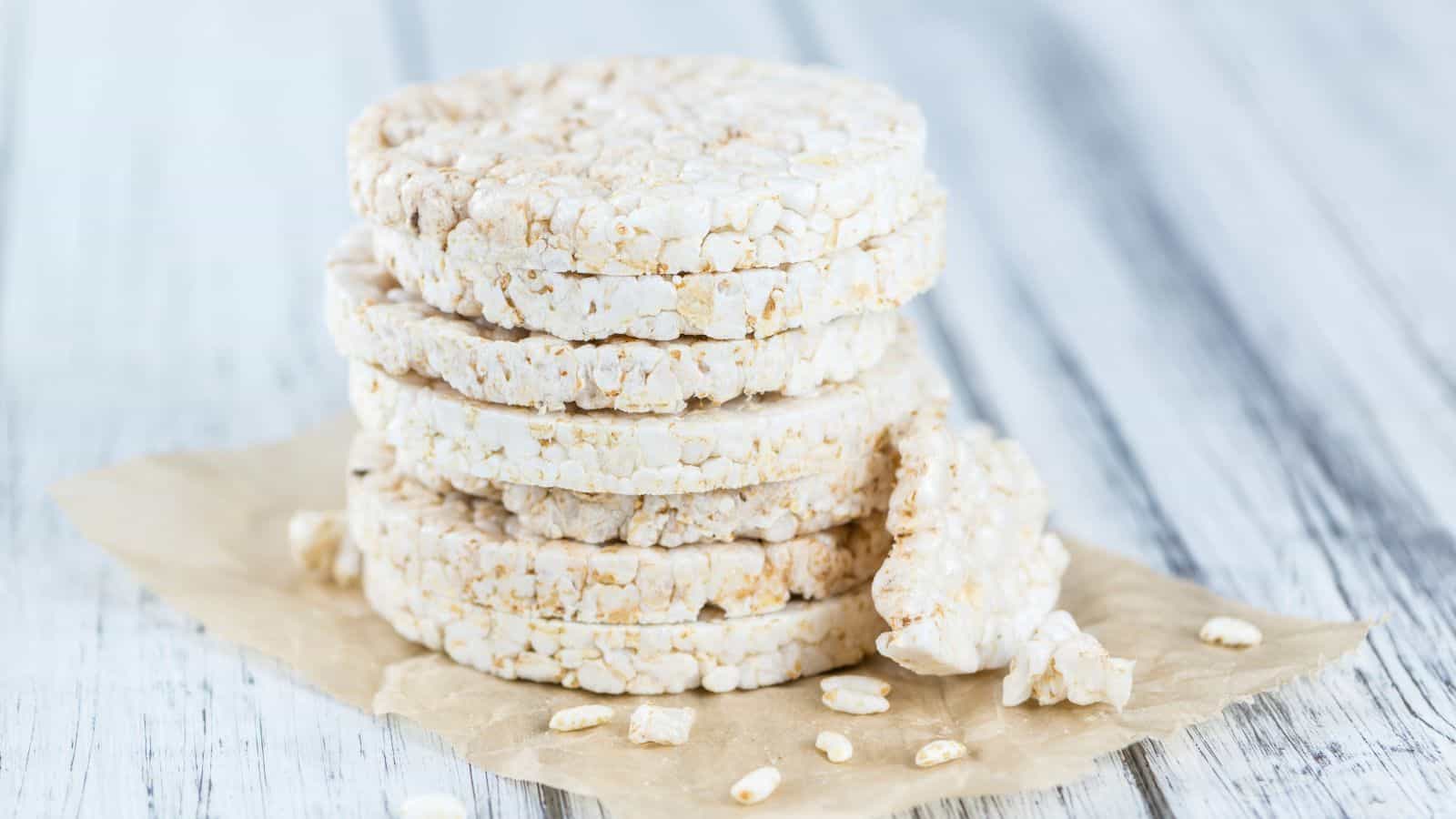
Because they’re so low in fibre and protein, rice cakes can leave you feeling hungry soon after eating, and while they can work as a base for healthy toppings, like almond butter or avocado, they’re not particularly filling on their own. If you’re after something more satisfying, try a slice of whole-grain toast instead.
Frozen Yoghurt
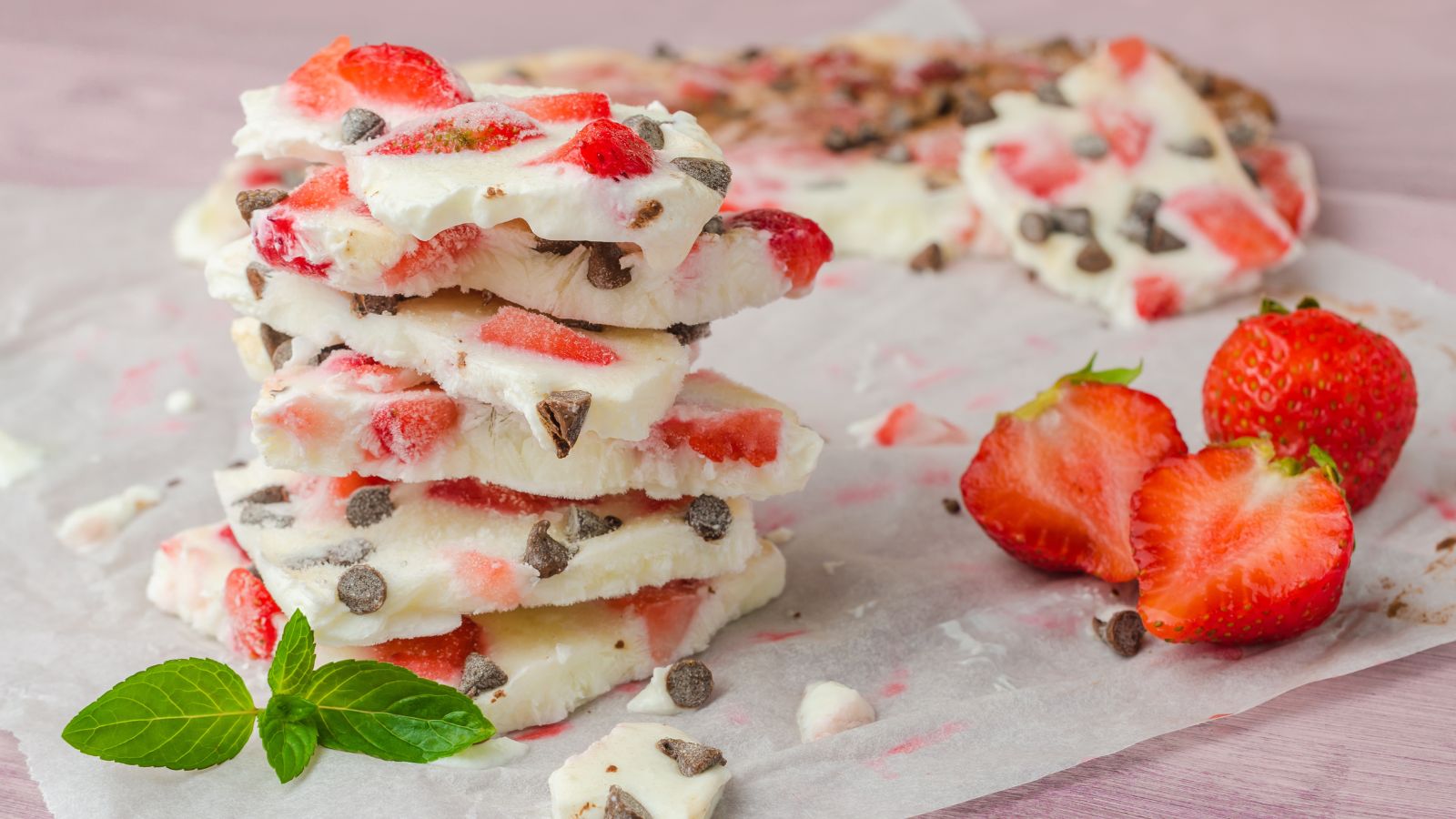
The “fat-free” versions of frozen yoghurt are often the worst offenders, as they rely on added sugars to compensate for the lack of richness when you can try making a simple dessert at home with plain yoghurt and fresh berries instead. It’s just as satisfying and a lot better for your health.
Plant-Based Milks
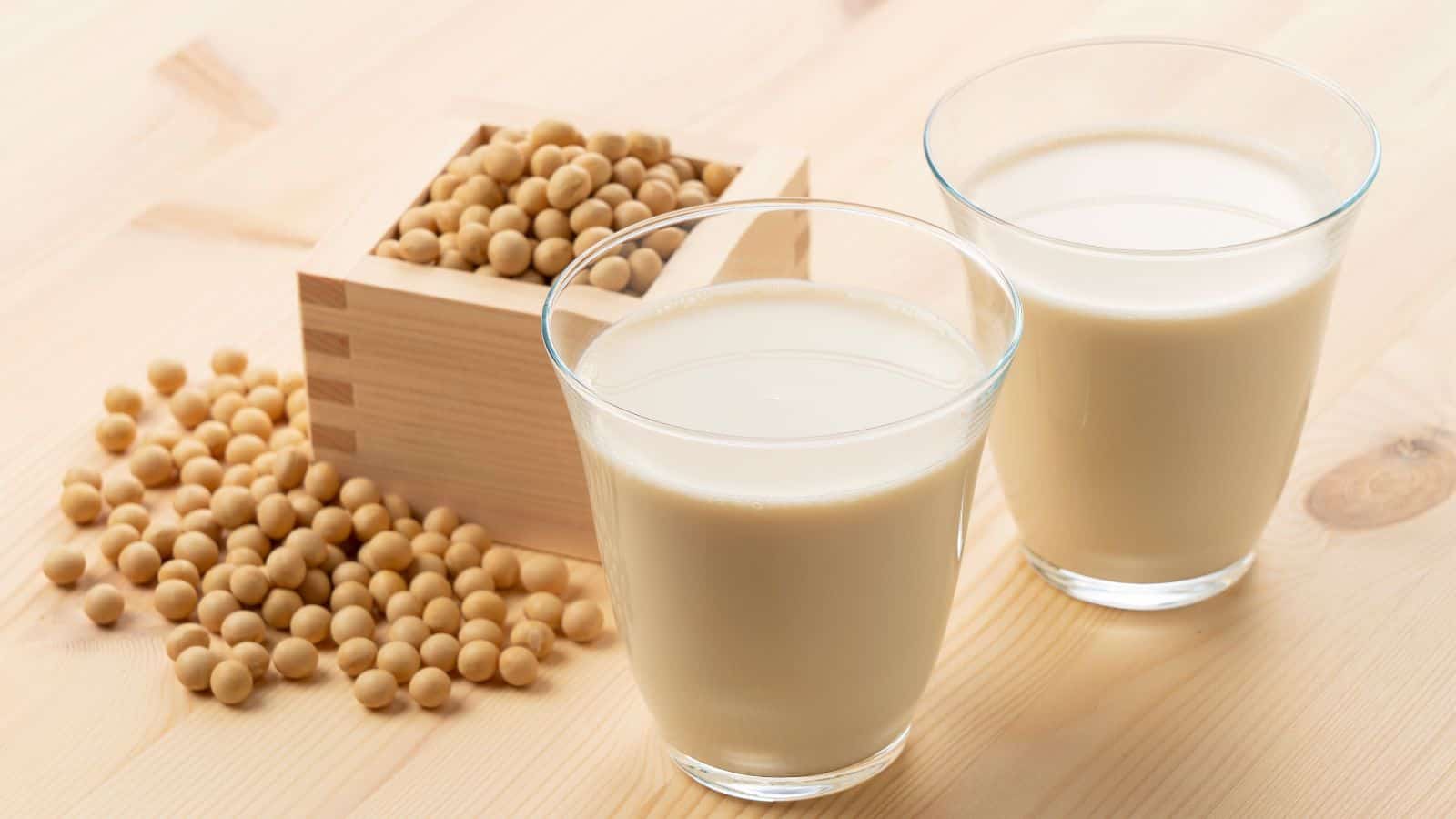
And finally, while plant-based milks are a popular dairy alternative for most people these days, they’re unfortunately not always good for you due to the fact that certain varieties are sweetened or contain additives. While these aren’t necessarily harmful in moderation, they can add up if you’re drinking them every day, so look for unsweetened versions.

